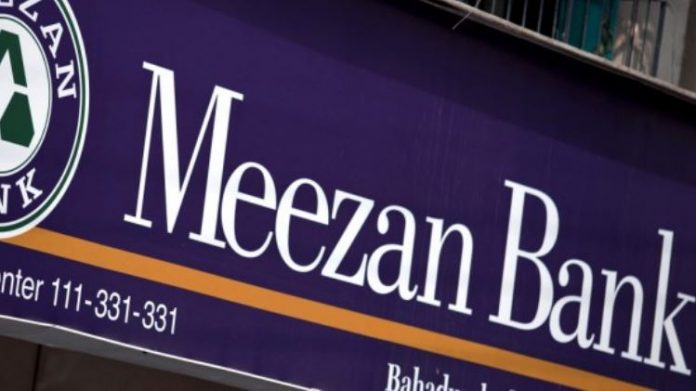KARACHI: A few days after United Bank Limited (UBL) announced that it is establishing an exchange company, one of the leading Pakistani banks – Meezan Bank – has followed suit.
The announcement means that Meezan Bank has now become the fourth major commercial bank to also operate an exchange company after UBL, Habib Bank Limited (HBL) and the National Bank of Pakistan (NBP). Meezan Bank’s board of directors announced that the new exchange company would have Rs 1 billion as paid-up capital, which is in line with UBL’s paid-up capital.
This momentous development follows the recent concerted crackdown against black market operatives, and the subsequent announcement by the State Bank of Pakistan (SBP) to introduce structural reforms in the Exchange Companies’ sector.
SBP unveiled a set of reforms related to exchange companies:
The point of the recent crackdown has been to rein in the open market and strengthen governance, internal controls, and compliance culture in the sector. As part of these reforms, leading banks actively engaged in foreign exchange business would establish wholly owned Exchange Companies to cater to the legitimate foreign exchange needs of the general public.
Additionally, the minimum capital requirement for Exchange Companies has been increased from Rs 200 million to Rs. 500 million, free of losses.
There are two categories of exchange companies, A and B. Exchange companies in category A have a higher minimum capital requirement — Rs 200 million — while those in category B have a lower minimum capital requirement of Rs 25 million. The latter can only act as money changers. Under the SBP’s reforms, all exchange companies in categories A and B along with franchises of exchange companies will be consolidated and transformed into a single category with a well-defined mandate.
Category B exchange companies have three options: merge with an existing exchange company, upgrade to the full exchange company status, or consolidate with other category B exchange companies to form a unified entity. They must approach the SBP within one month to obtain a no-objection certificate (NOC) for one of these choices. Following NOC issuance, category B exchange companies have three months to fulfil regulatory and legal requirements for formal licensing. Failure to do so will result in license cancellation.
Meanwhile, franchises of exchange companies have two options: merge with the parent exchange company or sell their franchise to it. Franchises must seek central bank approval for the merger or sale within one month, or their licenses will be revoked.
The reforms come a little over a year after the SBP suspended the operations of several branches and franchises of exchange companies over regulatory violations. The central bank had launched a crackdown against exchange companies on apprehensions that they were not selling foreign currency to customers despite availability, leading to exchange rate volatility and a wide difference in rates offered in the interbank market and those quoted by the companies and commercial banks.





good decision, it’s great step for making Pakistani rupee stable.
i really appreciate this decision, i was travelling abroad, but money changer denied me paying in US Dollar, as i wasn’t going to USA, on other hand, he doesn’t had the money of my destination country. by having exchange facilities at more banks, will help people getting foreign exchange easily, and on fair rate, because money changers use illegal methods, to get high rates, of foreign currency by not selling to travelers, or businesses man.
Chutiya decisions made by chutiyas sitting at the top.
very good decision hope that step will open door for new career opportunities